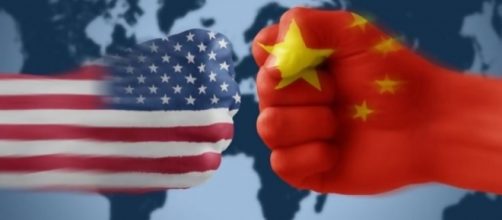One of the major issues that President Donald Trump ran on during the 2016 Presidential Election was the issue of trade and how china has been hurting America when it comes to trade. Naturally, the topic got brought up during President Trump's meeting with China's President Xi Jinping. On Friday, U.S. Secretary of Commerce Wilbur Ross said that a deal between Trump and Xi had been reached at the meeting. They both agreed that China and America needed rushed trade negotiations to produce results on the issue within 100 days.
Offered concessions from China
As part of its Bilateral Investment Treaty (BIT), China is prepared to raise its investment ceiling and is also ready to end its ban of beef imports from the United States. Reports say that China was already willing to raise its investment ceiling with the United States as part of the Bilateral Investment Treaty, but those talks got put on hold following Donald Trump's election last November. It is still unknown if President Donald Trump will pursue a BIT with China like Obama was in the process of, or if he will work on smaller level trade deals.
By raising its investment ceiling, China will offer Trump's administration better market access for financial sector investments and let foreign investors be able to hold a majority stake in Chinese companies.
The beef import has been in place since 2003, but China is willing to let it go to reduce tension. They also plan on purchasing more grain and other agricultural products from America. Analysts agree that these two concessions were pretty easy for the Chinese to make as part of a deal to avoid a trade war.
What is a trade war?
A trade war is when two or more countries create or raise new tariffs or other trade barriers against each other in retribution for other trade barriers that were set up. The goal of a trade war is for the involved countries to try to damage each other's trade. It is usually started by what is seen as unfair trading practices or by pressure from domestic trade unions or companies.
A trade war can have unintended side effects, however, as it can affect other countries that are not involved in it.
Raising subsidies in a trade war is more difficult to retaliate against, as opposed to raising tariffs. This does affect poor countries more than wealthy ones, since they usually do not have the ability to raise subsidies like tariffs. While it is still unknown as far as what the exact result of a U.S.-China trade war would be, many agree that it would be a bad thing for the global economy.

